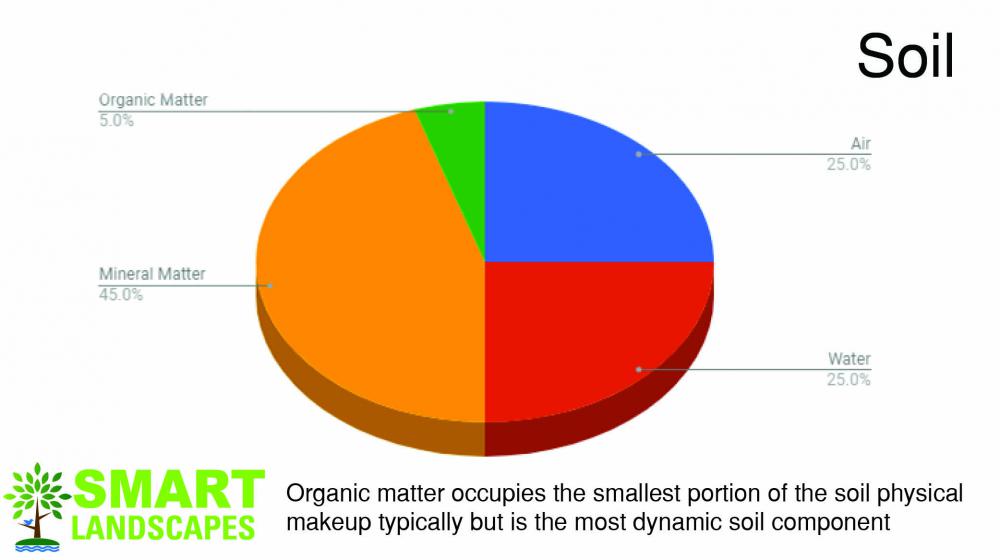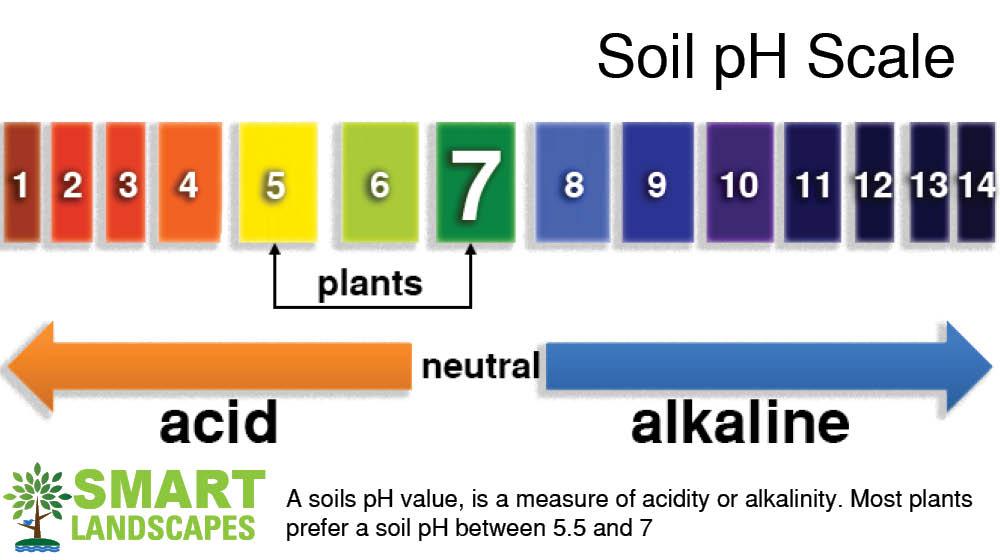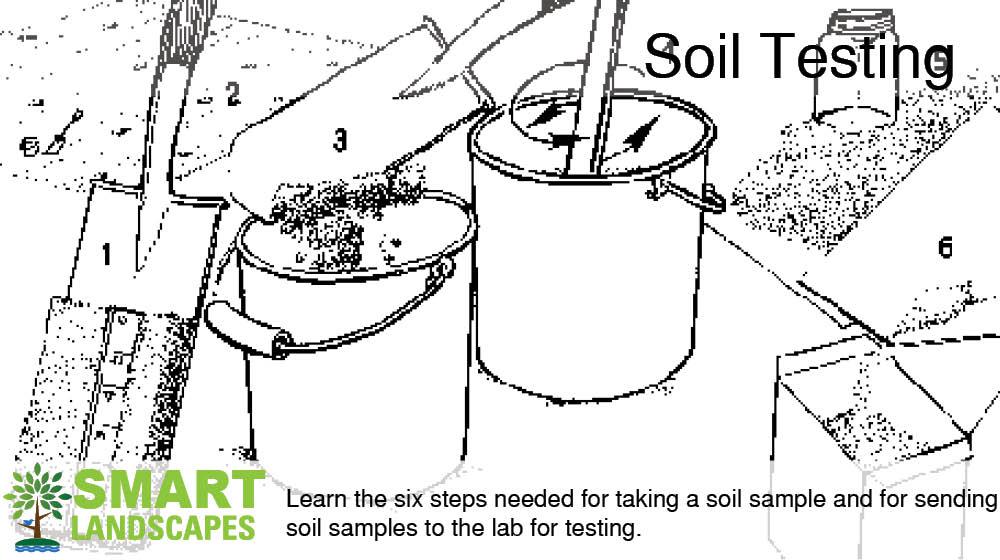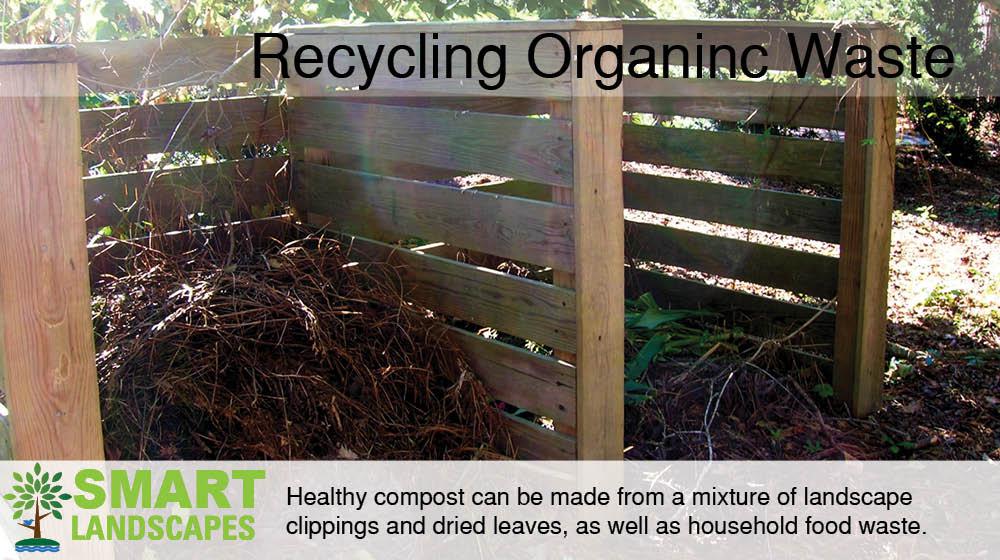Healthy Soils
Cultivate a Healthy Soil
We all know that you need soil to grow plants in your garden. Soil contains the food, water, minerals, and air that a plant needs to grow and is critical to the success of a sustainable garden. The healthier the soil is, the better our plants will grow. Employing sustainable gardening practices and having a basic understanding of what soil is allows us to restore and sustain the benefits our soils provide. This section focuses on the importance of creating and maintaining a healthy soil and how to do it the Smart Landscaping way by applying some simple principles to create a more sustainable garden.
Learn the importance of growing and maintaining a healthy level of organic matter in the soil, and how this can inform your use of fertilizer and reduce levels of pollution in our local waterways.
- Don’t disturb more of the site that you need to.
- Use plants and design suited to what is existing rather than change the site.
- Compost and build a good healthy organic layer.
- Use practices that encourage diverse soil microbes.
- Landscape to absorb rainfall and mitigate flooding.
- Remove pollutants to cleanse water.
- Store water for plants, wildlife, and people.
- Provide habitat for organisms such as microscopic bacteria and earthworms that transform wastes into nutrients for plants.
- Store atmospheric carbon.
- Sustain plants that provide food, fibers, timber, medicines, and other goods.
MSU Extension Service Publications
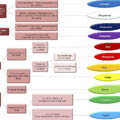
Diagnosing Nutrient Deficiencies in Ornamental Plants
When your plants start to look bad, there are many possible causes. One common culprit is a nutrient deficiency. Nutrient deficiencies happen when a plant lacks one of the many “essential nutrients.” This is similar to a vitamin deficiency in people. This publication is intended to help homeowners and landscape managers diagnose common nutrient deficiencies in ornamental plants.

Soil Testing for the Homeowner
Soil testing for the homeowner. Follow these four steps for taking a soil sample and having it analyzed by the Mississippi State University Soil Testing Laboratory.
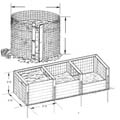
Composting for the Mississippi Gardener
Compost is a dark, crumbly, partially decomposed form of organic waste that has not fully decomposed into humus. Compost is an excellent soil conditioner. It is easy to handle and stores for long periods. By some estimates, organic waste materials (such as grass clippings, leaves, and yard wastes) make up about 30 percent of the materials going to landfills. According to the U.S. Composting Council, up to 67 percent of materials going to landfills can be composted, when paper products are included. Many urban municipalities no longer accept compostable materials into the waste stream. Composting can reduce municipalities’ handling costs related to transporting, disposing, and processing organic waste materials. By composting these organic waste materials, homeowners can produce beneficial material that can be used in the garden, lawn, and landscape. Returning these organic waste materials to the land maintains natural biological cycles. It is an ecologically sensible and environmentally safe way to use organic waste materials.
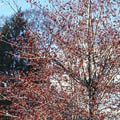
Soil pH and Tree Species Suitability in Mississippi
The suitability of the species of tree you wish to grow depends primarily on the soil characteristics of your site. Among the many soil properties, soil pH is one of the most limiting. Soil pH provides a good indication of the chemical status of the soil and can help determine potential plant growth. This publication is designed to help landowners and foresters gain a better understanding of soil pH and its effects on species-site relationships in Mississippi.
Additional Resources
Soil
Landscape for Life.org
http://landscapeforlife.org/soil/
Soil Health in the Urban Landscape
Ecological Landscape Alliance
http://www.ecolandscaping.org/04/soil/ground-rules-soil-health-in-the-urban-landscape/
Yard Waste and Composting
University of Delaware
http://extension.udel.edu/factsheets/yard-waste-and-composting/
Composting
Delaware Dept. of Natural Resources and Environmental Control
https://s3.amazonaws.com/udextension/lawngarden/files/2012/08/DNRECs-Start-Composting-Today-Publication.pdf
Soil Quick Tips
FloridaYards.org
http://www.floridayards.org/landscape/FFY-TipCards.pdf
The Florida Yards_and Neighborhoods Handbook
FloridaYards.org
http://www.floridayards.org/landscape/The_Florida_Yards_and_Neighborhoods_Handbook_Web.pdf
Publications
News
Young people had the unique opportunity to learn interesting things about the soil, plants that grow in it and animals that feed on top of it at a recent field day.

